IBU Campus Skopje
Makedonsko-Kosovska Brigada 9 br.29 Skopje - Cair,
Skopje/North Macedonia
+389 2 55 15 000
+389 2 26 00 004
+389 2 55 14 888 (for students)
info@ibu.edu.mk

Istanbul Office
Mevlana Caddesi, Tercuman Sitesi, A7 Blok
Daire 18, 34015 Cevizlibag-Zeytinburnu/Istanbul
+90 212 706 66 57
+90 532 453 14 28
0 850 242 242 8
istanbul@ibu.edu.mk
Makedonsko-Kosovska Brigada 9 br.29 Skopje - Cair,
Skopje/North Macedonia
+389 2 55 15 000 +389 2 26 00 004 +389 2 55 14 888 (for students) info@ibu.edu.mk
Mevlana Caddesi, Tercuman Sitesi, A7 Blok Daire 18, 34015 Cevizlibag-Zeytinburnu/Istanbul
+90 212 567 80 53 (169 dahili) +90 553 766 01 32 +90 553 766 01 32 istanbul@ibu.edu.mk
International Balkan University is foundation - owned, not-for-profit higher education institution.

